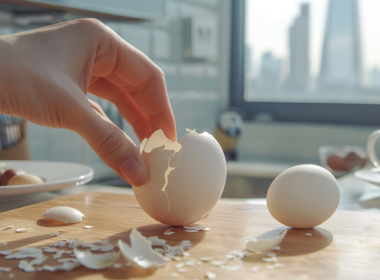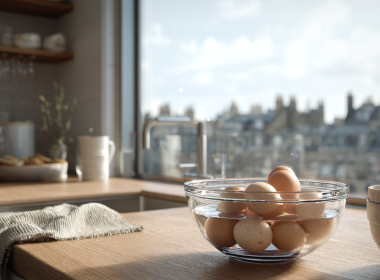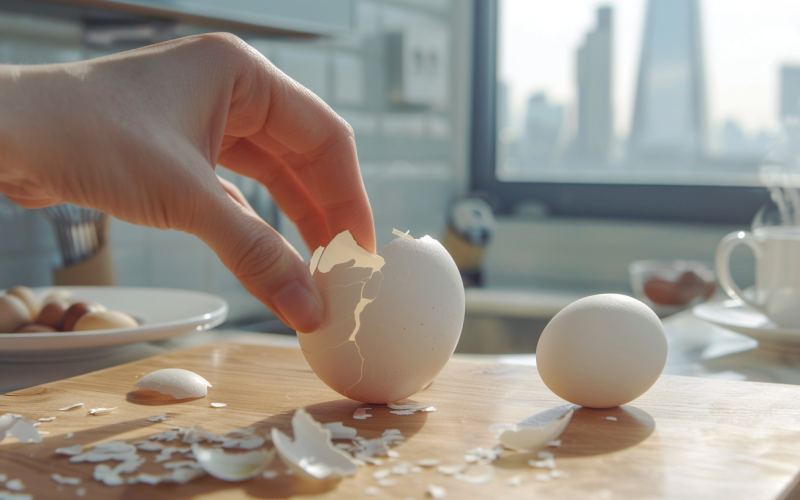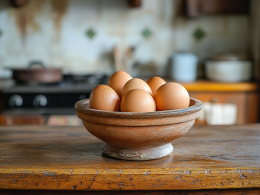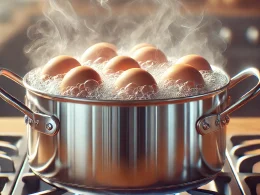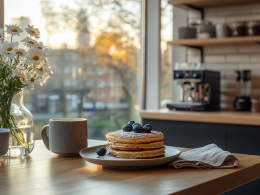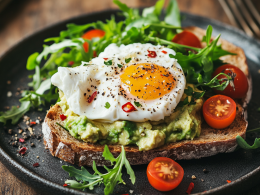How to Check if Your Eggs Are Fresh: Easy Methods for Perfect Results
There’s nothing worse than cracking an egg into your bowl and realizing it’s past its prime. Whether you’re preparing a delicious breakfast, baking a cake, or making homemade mayonnaise, knowing if your eggs are fresh can save your recipe—and your day. Fortunately, there are simple, foolproof ways to test egg freshness at home without any special equipment.
In this guide, we’ll cover:
- Why egg freshness matters
- How to read expiration and “best by” dates
- Visual and smell tests
- The famous float test
- How to store eggs properly to keep them fresh longer
Let’s dive in!
Why Egg Freshness Matters
Fresh eggs are not only tastier but also safer to consume. Old eggs can develop off-odors and may pose a risk of foodborne illnesses like Salmonella if consumed raw or undercooked. Even if they are still technically edible, the texture and taste will degrade over time, affecting your recipes.
Check the Dates First
Most store-bought eggs come with either a sell-by date, expiration date, or Julian date (a three-digit number representing the day of the year the eggs were packed).
- Sell-by date: The store should sell the eggs before this date. Eggs are typically still good for 3–5 weeks past this date if refrigerated properly.
- Expiration date: This is the last recommended day to use the eggs for peak freshness.
- Julian date: A number from 001 (January 1) to 365 (December 31) tells you the packing date. Eggs are usually best within 30 days of this number.
If your eggs are far beyond these dates, move on to the at-home freshness tests.
The Visual Inspection
Before performing any other test, look at your eggs:
- Shell Check – Fresh eggs have clean, smooth shells. Cracks, slimy residue, or powdery mold are warning signs.
- Color & Texture – Discoloration or chalky texture can indicate age or contamination.
Then, crack an egg into a small bowl:
- Fresh egg: The yolk is round and sits tall, and the egg white is thick and stays close to the yolk.
- Old egg: The yolk is flatter, and the egg white spreads out more like water.
The Float Test (Water Test)
One of the easiest and most popular methods to test egg freshness is the float test:
- Fill a bowl or glass with cold water.
- Gently place your egg in the water.
Results:
- Sinks and lays flat: Very fresh.
- Sinks but stands upright: Still safe but older—use for hard boiling or baking.
- Floats: Spoiled and should be discarded.
Why this works: As eggs age, the air cell inside grows larger, making the egg more buoyant.
The Shake and Smell Test
- Shake Test: Hold an egg up to your ear and gently shake. If you hear sloshing, the egg is likely old, as the egg white and yolk have thinned.
- Smell Test: A fresh egg has no smell. A bad egg has a strong sulfur or rotten odor—trust your nose!
Storing Eggs for Maximum Freshness
Proper storage is key to extending the life of your eggs:
- Keep them in the fridge at 35–40°F (1–4°C).
- Store in the original carton to prevent moisture loss and odor absorption.
- Avoid the door – fluctuating temperatures shorten shelf life.
Pro Tip: If you buy fresh eggs from a farmer’s market, refrigerate them immediately unless they are unwashed (washed eggs lose their natural protective coating).
Notice:
If you have any doubt about the freshness or safety of your eggs, do not rely solely on these tips. When in doubt, throw it out. Consuming questionable eggs can pose health risks, so it’s always safer to discard them rather than take the chance.
